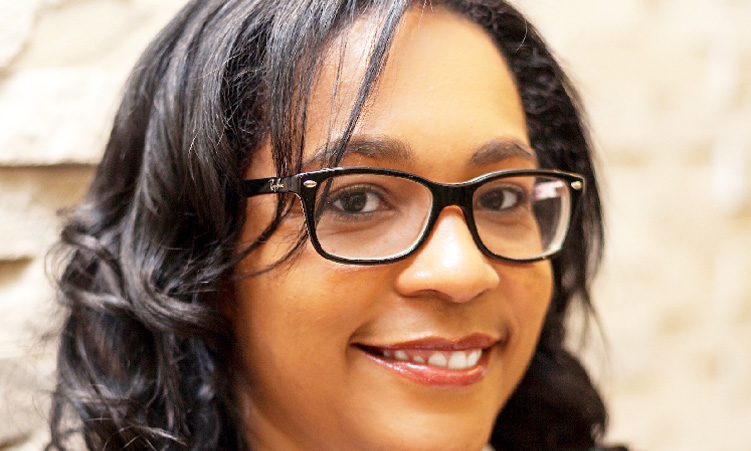The minister of health and social services, Kalumbi Shangula, says the ministry spends N$2 million per month on about 20 to 25 patients who are referred to the private sector for treatment.
The minister said this in the National Assembly last week while responding to questions from Popular Democratic Movement (PDM) lawmaker Reggie Diergaardt on oncology services in Namibia.
“Other patients are referred to the private sector to ensure that the continuum of cancer care is not interrupted.
“About 20 to 25 patients are referred to the private sector, which costs the ministry from N$1,5 million to N$2 million per month,” he said.
Shangula said all patients in need of chemotherapy, surgery and radiation therapy are treated at the Dr AB May Oncology Centre at Windhoek Central Hospital.
“However, the Cobalt 60 machine used for radiotherapy at Windhoek Central Hospital is awaiting replacement of its radioactive source.
“The anticipated installation of the source and the commissioning of the machine is projected to be in December or January latest,” he said.
The minister said this centre is the only state-owned oncology centre in the country.
Oshakati Intermediate Hospital has an oncology department which provides a limited range of oncology care services, he said.
“In the private sector, there are three oncology centres all under the Namibia Oncology Centre (NOC). Two of them are in Windhoek, at Eros and Khomasdal, respectively, and one is at Swakopmund,” he said.
Shangula said all types of cancers can be successfully treated at all oncology centres.
“Additionally, it is worth noting that Dr AB May Oncology Centre provides medical and haematological oncology services, as well as nuclear medicine services, and has a radiation unit,” he said.
Diergaardt enquired about the establishment of oncology facilities at every district hospital in the country.
Shangula said the ministry is working on expanding Oshakati Intermediate Hospital’s oncology department.
“In collaboration with the International Atomic Energy Agency and other stakeholders, the ministry is working on creating a radiotherapy department at that hospital.
“Equipment has been secured through development cooperation partners. The total estimated costs for the establishment of the radiotherapy department is N$181 million for infrastructure,” the minister said.
He said it is not financially prudent to have oncology centres, especially radiation therapy centres, at each of the 34 district hospitals.
Shangula said the ministry would, however, consider offering chemotherapy services at district hospitals, provided it acquires the relevant expertise in this field stationed at district hospitals.
“This would not only reduce costs associated with referrals, but also aims to improve staff development and to ensure cancer patients could have treatment and return to their homes for shorter recovery times,” he said.
Rolf Hansen, the chief executive of the Cancer Association of Namibia, lauds the government for paying cancer patients’ private hospital care, which he said is not common in many African countries.
Hansen says the cause of costs for cancer patients is the unavailability of radiotherapy in state hospitals.
Although a machine was available, it is currently broken, he says.
“This radiotherapy is only available at private centres. But if the health ministry could look at what it currently spends on private radiotherapy and build or buy a new radiotherapy machine, it would be ideal.
“The waiting list for patients needing radiotherapy is causing a backlog,” Hansen says.
Hansen urges men to go for prostate cancer check-ups often.
“Men do not want to do screenings, because they believe they would lose their manhood, until it’s late and they want to blame people.
“This November we want men to be brave and go for check-ups,” he says.
Stay informed with The Namibian – your source for credible journalism. Get in-depth reporting and opinions for
only N$85 a month. Invest in journalism, invest in democracy –
Subscribe Now!







